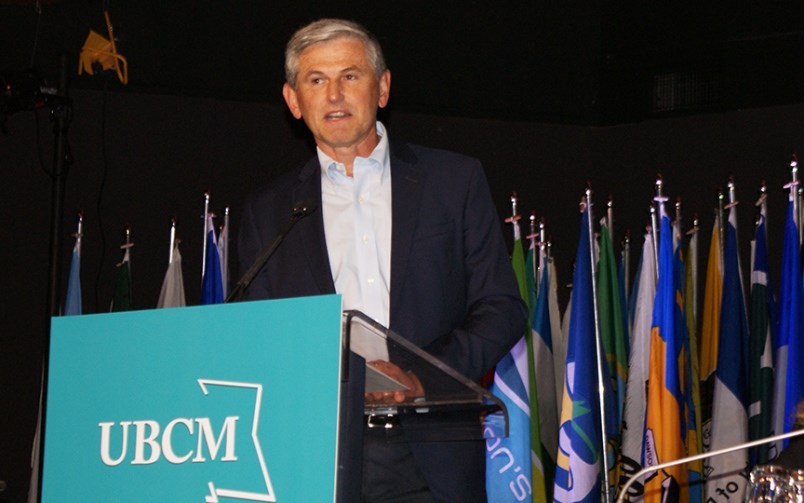They have been in the doldrums since they were dumped from power 16 months ago, but this past weekend may prove to be the time that B.C. Liberals finally got themselves back in the game.
By all accounts, the party’s annual convention was well attended, energetic and featured a warmly received keynote speech by leader Andrew Wilkinson, who has been struggling to establish himself as a credible opponent to NDP leader John Horgan since he won the party leadership earlier this year.
There seemed to be an energy there that has been lacking among B.C. Liberals from the moment they lost the confidence vote in the legislature that warm day on June 29th of last year.
At first angry at losing power despite winning the most seats and the most votes, the B.C. Liberals then became almost sullen and leaderless. Last February’s leadership convention sparked some life into the party, but you get the impression they are still feeling their way and getting used to the unfamiliar territory of being the Official Opposition.
However, the convention provided signs they have accepted reality and that if they want to change that to something better, key changes have to be made (the party even changed its logo and slogan, efforts at further separating from the past).
For one thing, there seems to be a recognition – from Wilkinson on down – that the party has to get younger, less white and less male. All political parties must start better reflecting the demographic makeup of the communities they hope to serve. Millennials (those aged 37 years and younger) now make up the single biggest age grouping in the country, greater than Baby Boomers or Gen-Xers). B.C., especially Metro Vancouver, has a rich cultural diversity, and women make up half of the voters.
The B.C. Liberals (and the NDP and the BC Greens, for that matter) would do well to groom some future candidates that better match that new demographic reality, and run them in ridings where they have a chance at winning. The NDP is way ahead of the B.C. Liberals on this score, so the opposition has some catching up to do.
Wilkinson’s speech called on the party to broaden its appeal, and it also showed the B.C. Liberals might have hit upon some issues that may resonate with voters when the next election is held, likely in 2021.
For example, he talked of revamping ICBC while stopping short of vowing to end the government monopoly of auto insurance (although there seems to be a rising chorus of privatization demands).
The B.C. Liberals, of course, have been rightly blamed for ICBC’s current fiscal woes. Nevertheless, as time goes by, and a series of significant rate hikes occur on the NDP’s watch, responsibility for ICBC headaches will shift from the Liberals to the NDP.
On top of that, sweeping changes to the ICBC rate structure to take effect next fall will surely create controversy and some major blowback to the government. Look for Wilkinson to exploit this issue.
Wilkinson also zeroed in on another traditional soft spot for any NDP government: tax increases. He promised to get rid of 18 of them should is party form government, including the speculation tax, the employer health tax and a host of others introduced by the NDP.
I’m not sure how well some of these promises have been thought out (scrapping a TransLink gas tax and a B.C. Hydro rate hike may prove to be problematic), but sometimes that doesn’t matter to voters who like the sound of more money staying in their wallet.
The B.C. Liberals still have a ways to go before they can match the NDP for confidence and organization. Horgan continues to be very comfortable in his shoes and remains his government’s top asset.
However, time begins to inflict a mounting number of scars on any government, and the NDP will not be an exception to that political truism.
Perhaps for the first time since that lost confidence vote, the B.C. Liberals are finally showing signs they may be able to take advantage and begin to inflict a few political scars of their own.
Keith Baldrey is chief political correspondent for Global BC.



